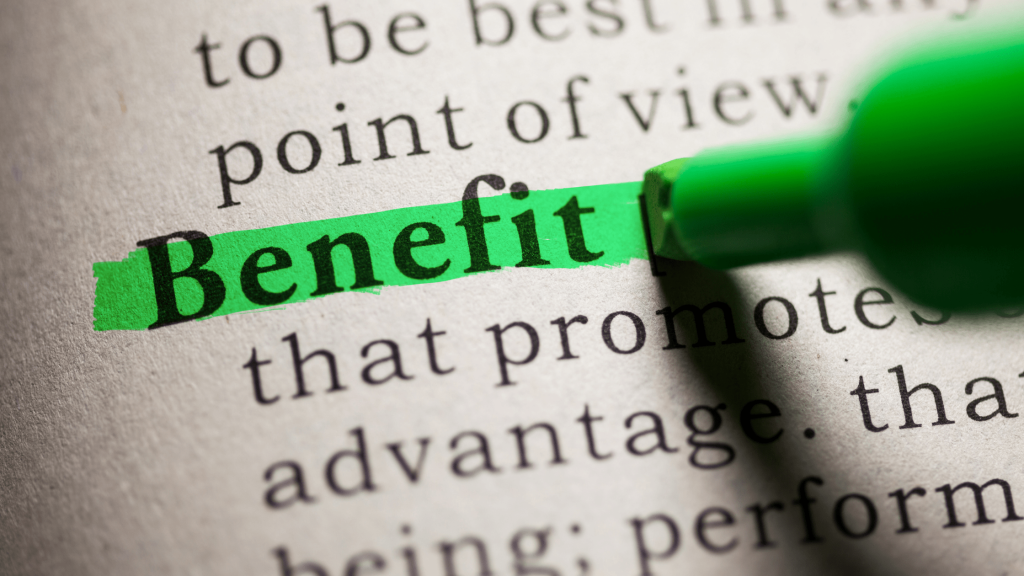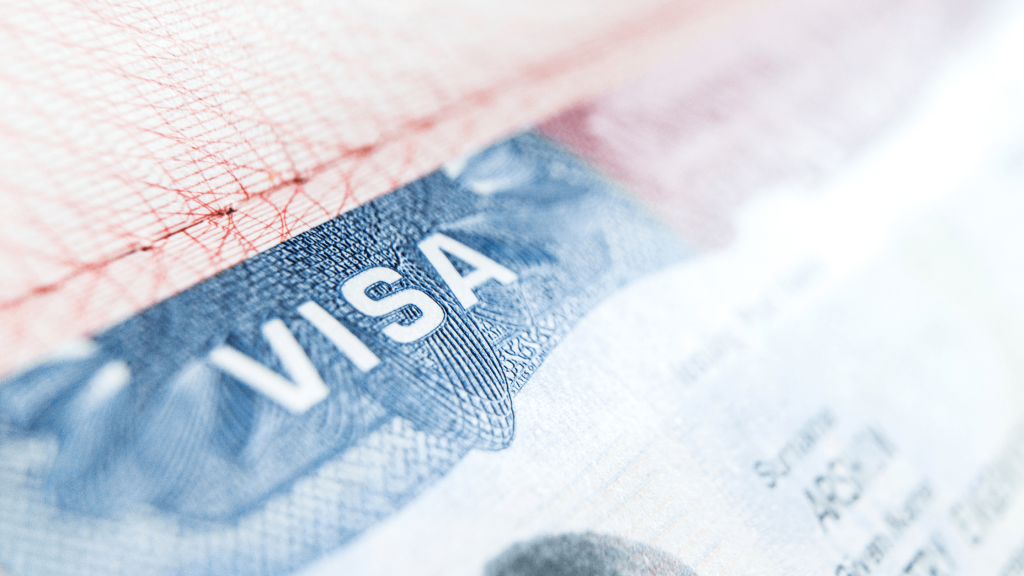
If you’re applying for a green card and have used or are considering using public benefits, you might wonder how it could affect your immigration status. The relationship between public benefits and green card applications has changed several times over the years, causing confusion for many applicants.
What Is the “Public Charge” Rule?
The public charge rule is a part of U.S. immigration law that allows the government to deny a visa or green card to someone who is likely to become “primarily dependent” on government assistance. The term public charge does not mean any use of public programs, but rather long-term reliance on specific types of support.
Historically, the U.S. has applied this rule when reviewing certain visa and green card applications. However, how the rule is interpreted has shifted with different administrations. In 2022, DHS published a final public charge rule narrowing the benefits considered—primarily cash assistance and long‑term institutional care. That interpretation remains in effect in 2025 (Public Charge Rule – MOIA, n.d.).
Which Benefits Are Considered Under the Public Charge Rule?
The public charge rule considers only certain federal cash assistance and long-term government-funded institutional care when reviewing green card applications.
Benefits that are considered:
- Supplemental Security Income (SSI)
- Temporary Assistance for Needy Families (TANF)
- State and local cash assistance for income maintenance
- Long-term institutional care paid by Medicaid (such as nursing homes)
Benefits that are not considered:
- Medicaid (except when used for long-term institutional care)
- Supplemental Nutrition Assistance Program (SNAP or “food stamps”)
- Children’s Health Insurance Program (CHIP)
- Public housing or Section 8 assistance
- Emergency medical assistance
- WIC (Women, Infants, and Children nutrition program)
- COVID-19 vaccines or related treatment
- School lunch or breakfast programs
Who Is Subject to the Public Charge Test?
Not every green card applicant is evaluated under the public charge rule. It mainly applies to those applying through:
- Family-based immigration
- Certain employment-based categories
- Consular processing abroad
You are not subject to the public charge test if you are:
- A refugee or asylee
- Applying for a green card under the Violence Against Women Act (VAWA)
- A special immigrant juvenile
- A U visa or T visa holder
- Applying through other humanitarian programs
Always check your eligibility category to understand whether the public charge test applies to your case.
What Does USCIS Look At?
When someone is subject to the public charge test, USCIS evaluates whether they are likely to rely on certain government benefits in the future. This is not based solely on past usage. Officers consider the “totality of circumstances,” which includes several factors:
- Age
Applicants very young or elderly may require additional financial documentation. - Health
Any health conditions requiring long-term care might be evaluated. - Family status
The number of dependents and household size can affect the outcome. - Assets, resources, and financial status
Applicants are asked to submit evidence of income, savings, debts, and employment history. - Education and skills
Language proficiency, employment history, and educational background are included.
The U.S. Department of State explains that Form I‑864, Affidavit of Support, is used to assess whether a financial sponsor has enough income (or assets) to support an intending immigrant so that the immigrant will not become a public charge (I-864 Affidavit of Support (FAQs), n.d.).

Common Myths About Public Benefits and Immigration
There’s a lot of misinformation surrounding immigration and public benefits. Here are a few myths you may have heard and the facts to keep in mind:
Myth 1: Any benefit use will harm your green card application
Fact: Most non-cash benefits, like Medicaid and food stamps, do not count under the current rule.
Myth 2: Public benefits used by your children or dependents affect your case
Fact: Only benefits received directly by the applicant are considered.
Myth 3: Once you get a green card, you can freely use any benefit
Fact: Some benefits still require a five-year waiting period, even after receiving a green card.
Myth 4: All immigrants are affected by the public charge rule
Fact: Many immigration categories are exempt, especially those involving humanitarian protections.
How to Prepare for Your Green Card Application
Even if you have not used any public benefits, it’s important to stay organized during the green card process.
Here are some steps to take:
- Review which benefits are counted and which are not
- Gather proof of employment, income, and assets
- Complete Form I-864 with accurate financial documentation
- Stay informed on policy updates from USCIS and DHS
- If unsure, consult an immigration attorney for guidance specific to your case
Final Thoughts
In 2025, using most public benefits will not impact your green card application. The current policy focuses only on certain cash assistance programs and long-term institutional care. Understanding how the public charge rule works — and knowing if it applies to your situation — can help you prepare your application with confidence.
By staying informed and organized, you can reduce uncertainty during your immigration process.
Need Help with Your Green Card Application?
At Wincorn & Associates, we work with individuals and families in Texas who are applying for green cards, adjusting their status, or navigating immigration requirements. If you have questions about public benefits or the public charge rule, we are available to support you every step of the way.
Contact Wincorn & Associates today to discuss your immigration goals. Read more blogs here.
Work Cited
Public Charge Rule – MOIA. (n.d.). https://www.nyc.gov/site/immigrants/legal-resources/public-charge-rule.page
I-864 Affidavit of Support (FAQs). (n.d.). https://travel.state.gov/content/travel/en/us-visas/immigrate/the-immigrant-visa-process/step-1-submit-a-petition/i-864-affidavit-faqs.html?utm_source=chatgpt.com
